A few weeks ago I started to realize that November and December were damn good months for democracy. That got me thinking that maybe I should try to put a bit of "Happy" back into "Happy New Year." The motive wasn't cheeriness for its own sake, but a sense that we sometimes can't seem to recognize good news even when it's staring us in the face. So I wrote this piece, originally published in the Washington Post. Let me know what you think.
The first time I realized that 2022 might be remembered as what Frank Sinatra called “a very good year” (relatively speaking) was Dec. 6, when Herschel Walker delivered a surprisingly gracious concession speech after losing the Senate runoff in Georgia. This meant that not only had all of the high-profile election deniers running statewide in battleground states lost in the midterms, but all except one (Kari Lake in Arizona) rejected the example of their leader and conceded.
Before 2020, conceding defeat was routine, but now it feels like a sign of remission from the authoritarian cancer metastasizing through much of the body politic. While there’s no full cure in sight yet, 2022 will likely be seen in retrospect as a year of recovery.
We can’t ignore the bad news this year that led to all the “red wave” predictions in both parties: Inflation reached a 40-year high; mass shootings continued unabated; the southern border is out of control; at least 261,000 Americans died from covid-19; and the country remains divided.
But those storm clouds should not obscure the sunlight.
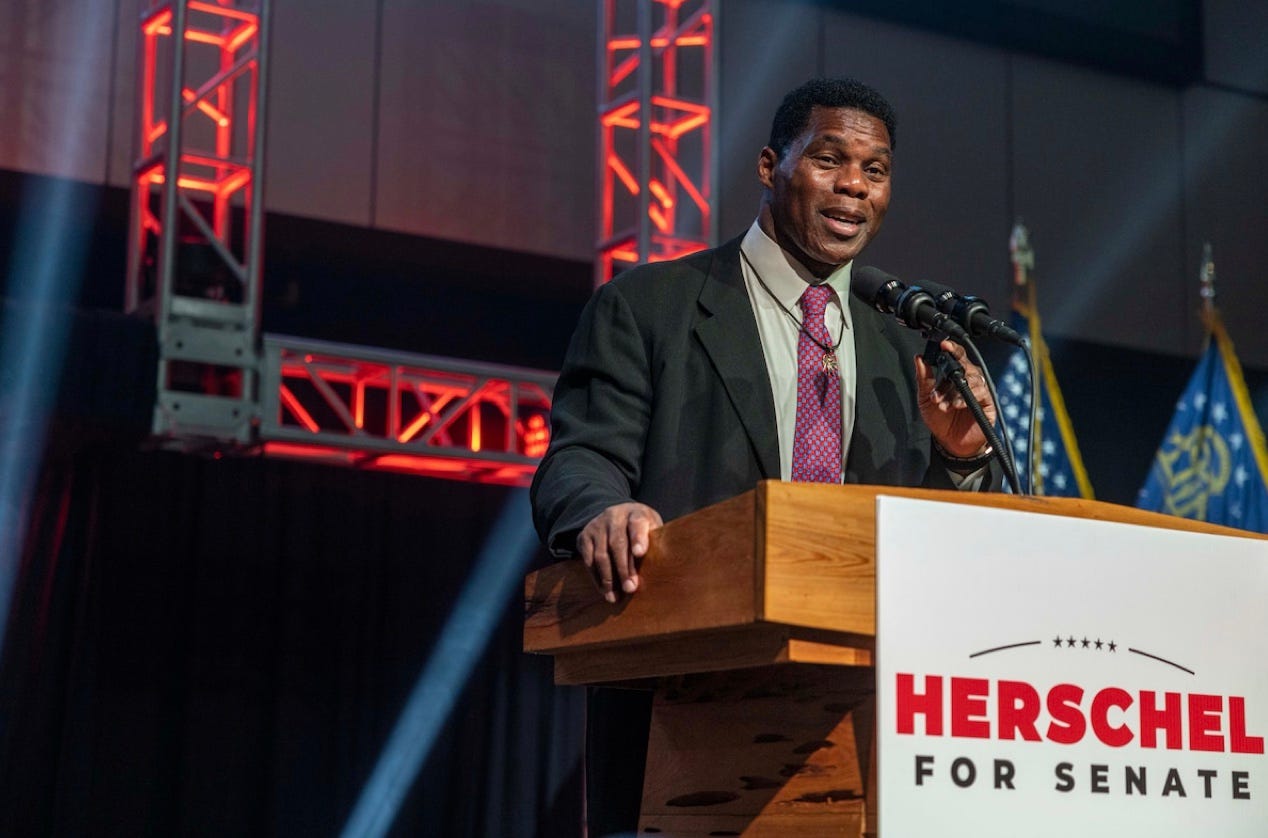
If 2024 works out okay, historians are likely to downplay inflation and other passing afflictions and depict 2022 as the year when the “big lie” lost and Donald Trump began shrinking as a political force. The bottom line is that if democracy has a good year, then so does America.
All December, the news kept getting better on that front. First, the Supreme Court heard oral argument in a North Carolina case designed to uphold a fringe legal theory that would allow state legislatures to overrule the will of state courts and ultimately the people. The justices seemed inclined to reject at least the more dangerous version of that fallacious “doctrine.”
On Dec. 19, the House select committee on Jan. 6 wrapped up historic hearings that could presage legal accountability for Trump’s efforts to overturn the 2020 election. The key witnesses in the coup attempt — including Cassidy Hutchinson, a former White House aide whose testimony this summer was a turning point — are appearing before state and federal grand juries that have the power to turn 2023 into a nightmare for the former president.
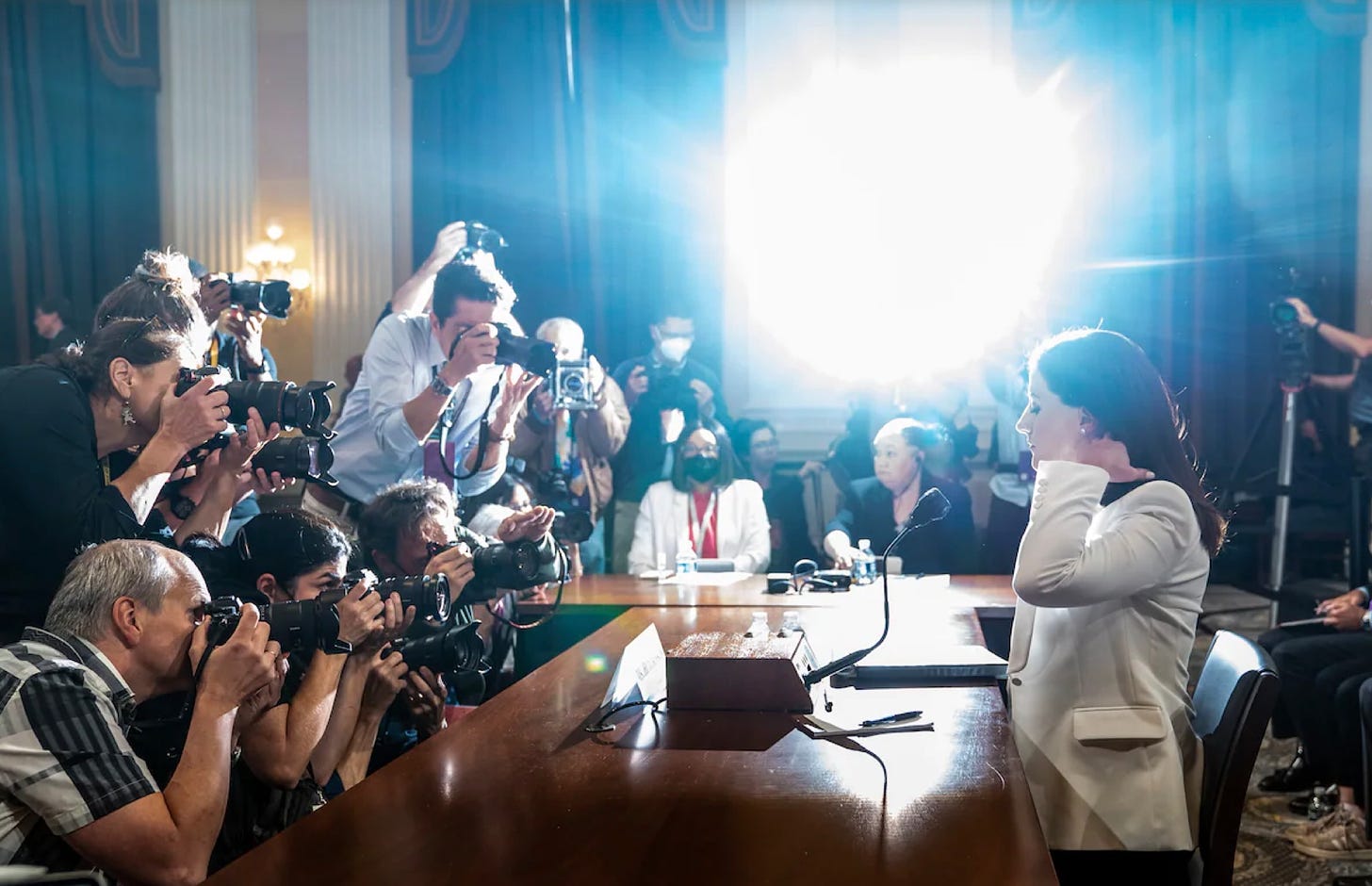
On Dec. 21, Ukrainian President Volodymyr Zelensky addressed Congress, bearing witness to the immense suffering and impressive spirit of his people. When Russia invaded in February, it looked as if he, and Ukraine, had only days to live. Now, Zelensky was greeted with bipartisan support for the billions in military aid he needs to defend not just his country but the democratic ideal.
And soon after, Congress revised the antiquated Electoral Count Act. The reforms don’t address every threat to free and fair elections, but they go a long way toward easing what former federal judge J. Michael Luttig called a “clear and present danger” to our system.
This year, we learned anew that democracy and national security can work hand-in-hand. Like Franklin D. Roosevelt’s Lend-Lease aid to Britain in 1941, the $45 billion to help Ukraine resist Vladimir Putin’s invasion — about 5 percent of the U.S. defense budget — might be seen by historians as a pivot point for this century’s international order. In tandem with President Biden’s skillful repair work on NATO, the money will help cripple the Russian military, deter Chinese aggression toward Taiwan (despite Beijing’s increased saber-rattling) and send a global message that might does not make right. All told, a bargain.
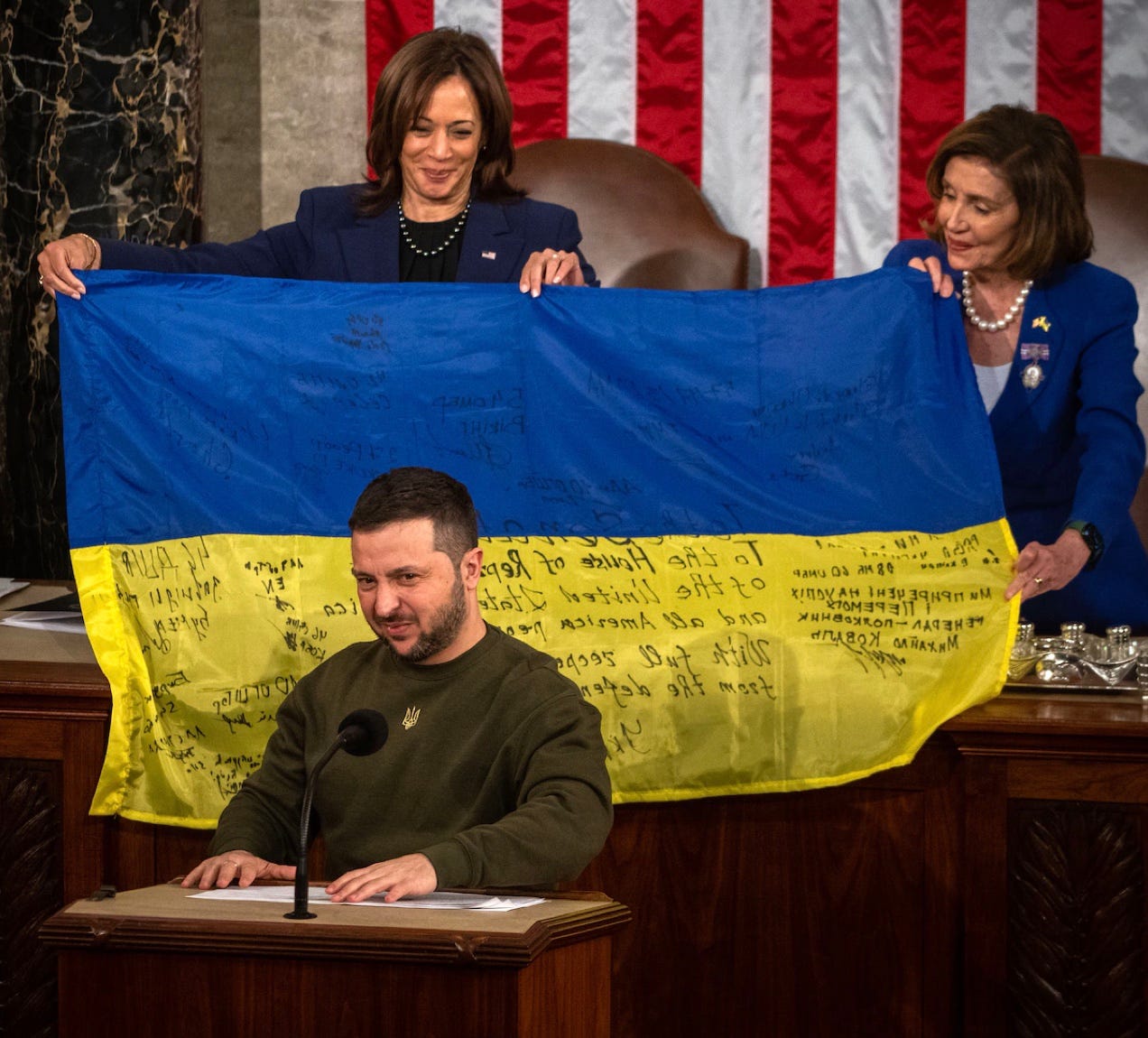
It was a year of setbacks for authoritarians beyond Moscow. In Brazil, Jair Bolsonaro — the “Trump of the Tropics” who ramped up deforestation of the Amazon Rainforest by 50 percent in the first six months of his presidency — lost reelection and conceded (sort of). In the Philippines, President Rodrigo Duterte, who bragged about his many extralegal assassinations of drug users, retired. Even China’s Xi Jinping and Iran’s Ayatollah Ali Khamenei, though still securely in power, were beset by domestic unrest more challenging (and inspiring) than they have faced before.
Washington, by contrast, was strangely functional. It’s unclear how much credit Biden deserves for the successful sausage-making, which involved mincing by Speaker Nancy Pelosi, Senate Majority Leader Charles E. Schumer, Sen. Joe Manchin III and other lawmakers of both parties. But the results are plain: the Chips and Science Act, which includes huge investments to check China with development of a domestic semiconductor industry; a modest gun safety bill (the first in nearly 30 years); codification of same-sex-marriage rights; confirmation of the nation’s first Black female Supreme Court justice; the Inflation Reduction Act’s $370 billion investment in clean energy, which analysts view as a tipping point toward moving beyond fossil fuels; and an omnibus budget bill with job-creating investments in defense, health and education.
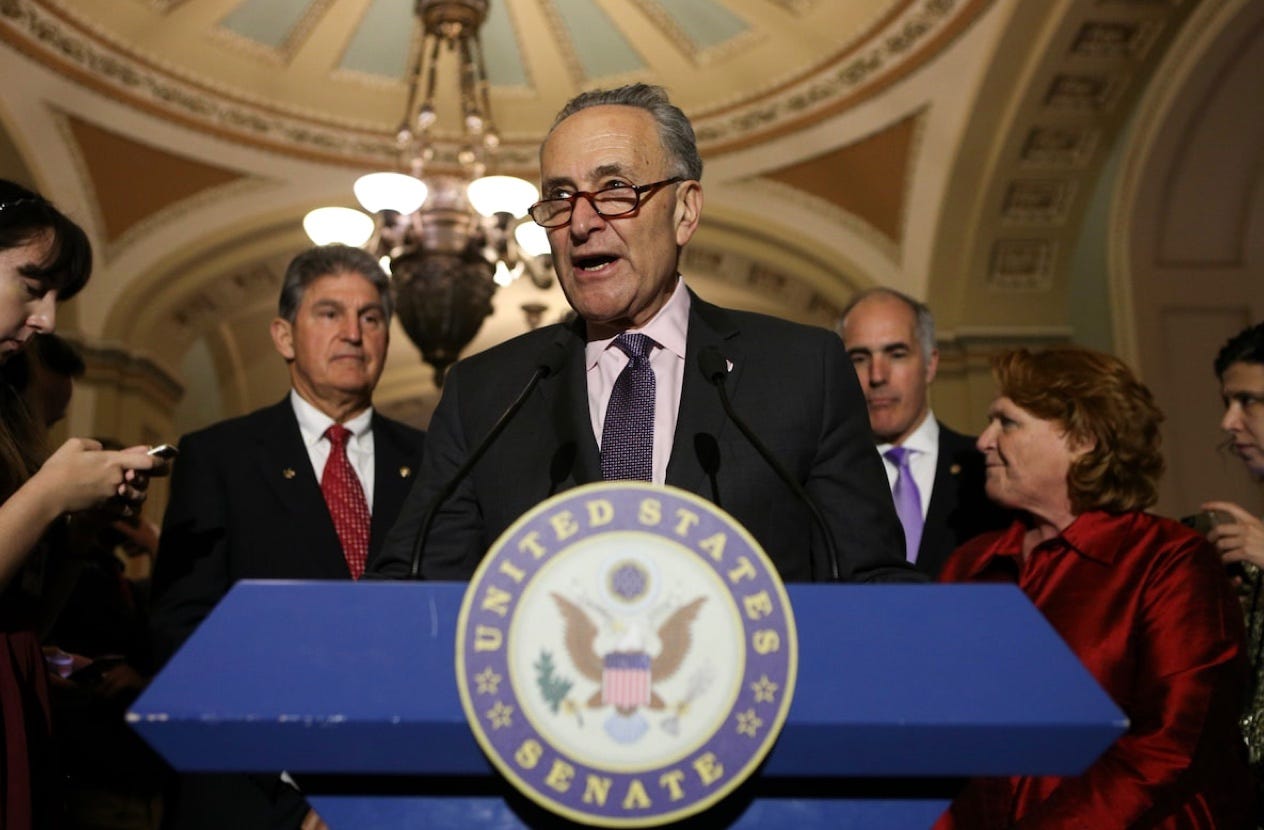
Even when things seemed to go badly in 2022, there were silver linings. The Supreme Court’s Dobbs decision striking down a woman’s right to choose provoked a strong reaction against it, first in an August referendum in red Kansas and then across the country in November. The year ended up better for reproductive rights than seemed likely when a leaked draft of Justice Samuel A. Alito Jr.’s opinion was published in May.
Of course, to paraphrase Shakespeare, all’s not well just because the year ends well. Inflation is down but not necessarily out. Even if the economy stabilizes, the new year might bring a stalemate in the Ukraine war, a Supreme Court decision ending affirmative action and a debt ceiling crisis — as well as the usual unexpected events.
And there are still two days left in 2022 — enough time for the roof to cave in, though not for Herschel Walker to serve in the Senate.




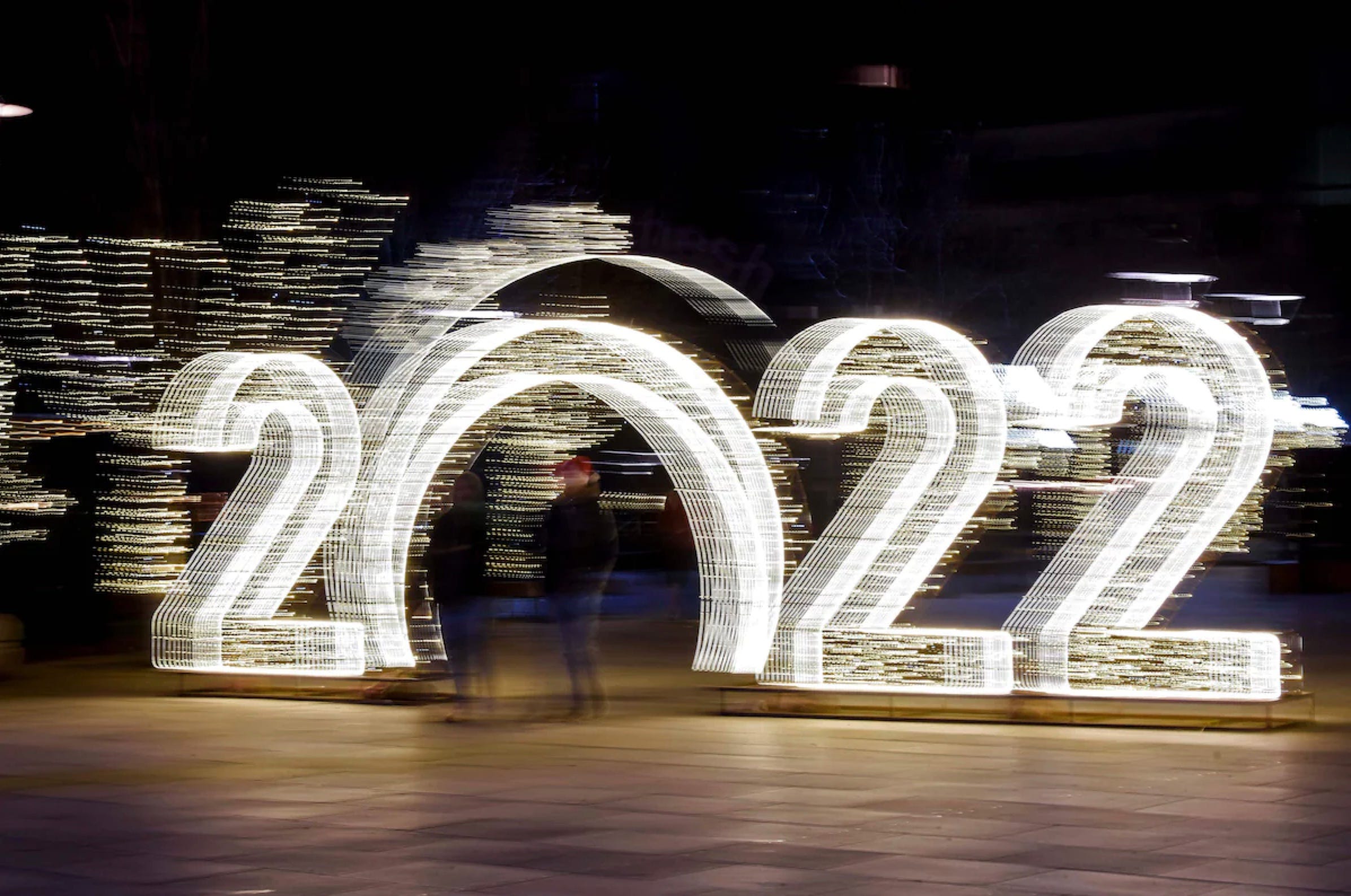

And Jimmy and Rosalynn Carter are still with us. I remain an admirer of both. What a couple.
Well said.
The challenge is to fan these sparks into the roaring fire we really need and avoid confusing one with the other.
Marshall